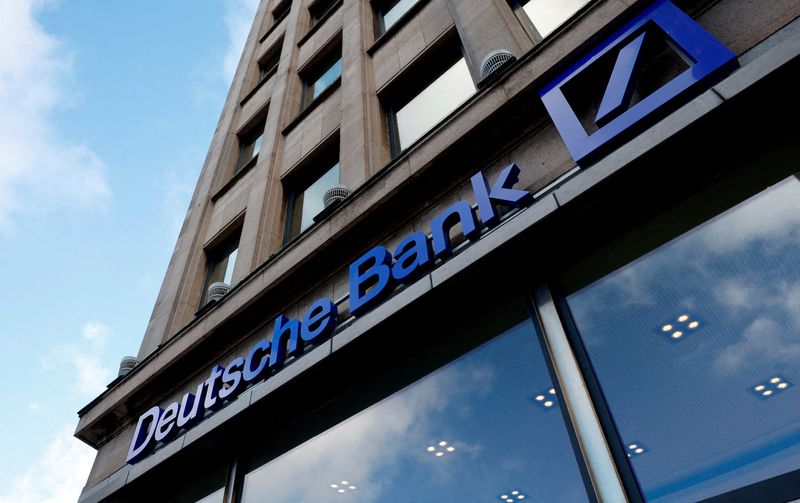By Huw Jones
LONDON (Reuters) - Britain's indefinite crisis-era levy on bank balance sheets will shortly put its lenders at a disadvantage to rivals in the European Union and ultimately influence where banks locate their business, a top European bank said on Thursday.
The levy on banks in Britain was introduced after the global financial crisis, over a decade ago, after some UK lenders were bailed out by taxpayers during the crisis.
Tiina Lee, chief executive for the UKI region at Deutsche Bank (ETR:DBKGn), which has a large operation in London, said that in the European Union the equivalent levy is ending at the end of this year.
"What that means when one looks long-term, rather than on what's going to happen over the next quarter, is what that means in terms of decisions over the medium-term around where to allocate capital, and where to position people, and ultimately where to set up businesses," Lee told TheCityUK's annual conference in London.
"The streamlining of taxation would be helpful," Lee said.
Following Brexit and the City of London's loss of unfettered access to the EU, and questions over the UK capital market's ability to attract top global listings, Britain's financial sector and government are keen to bolster international competitiveness.
The emphasis so far has been on reforming regulation, but banks have also lobbied for changes in tax rules although with no major success so far.

Gareth Davies, a junior minister in Britain's finance ministry, said the UK is still competitive when it comes to taxation, but its economy is facing challenges such as inflation.
"I am not entirely convinced that we're uncompetitive when it comes to taxation... We are where we are," Davies told the conference.